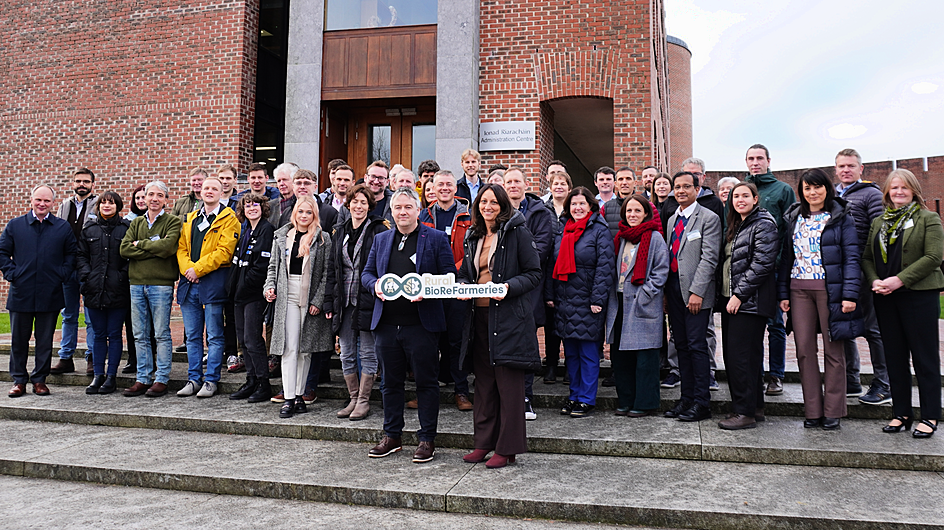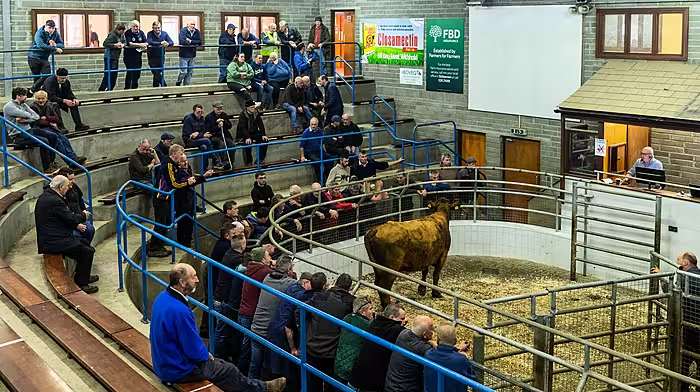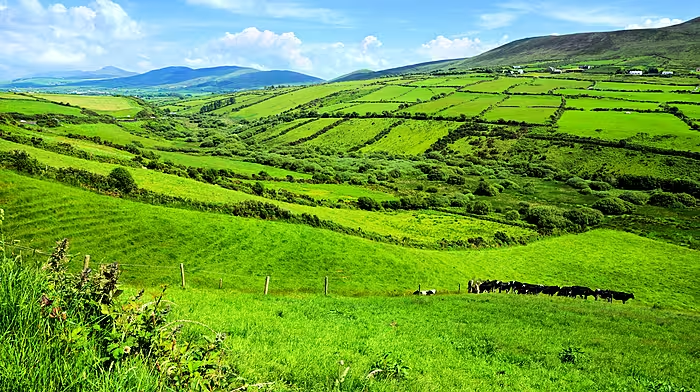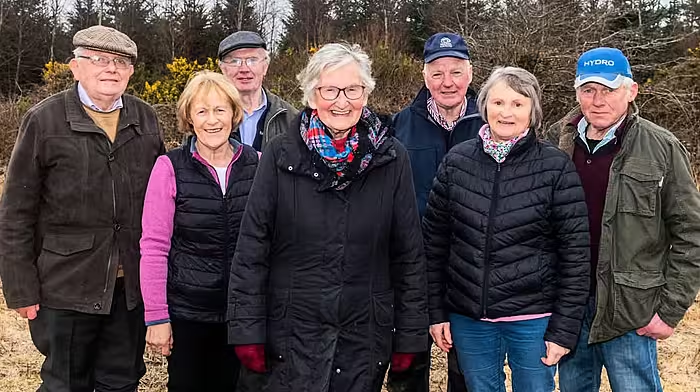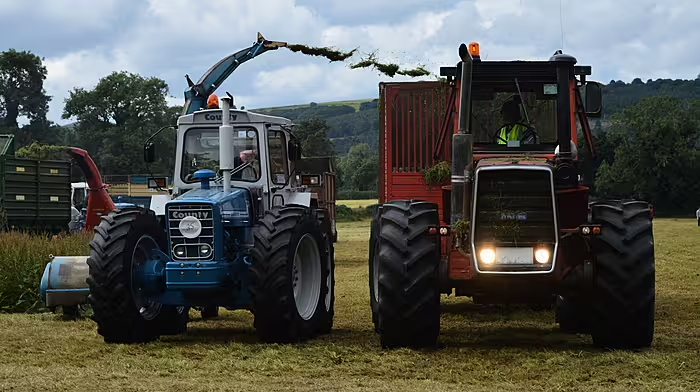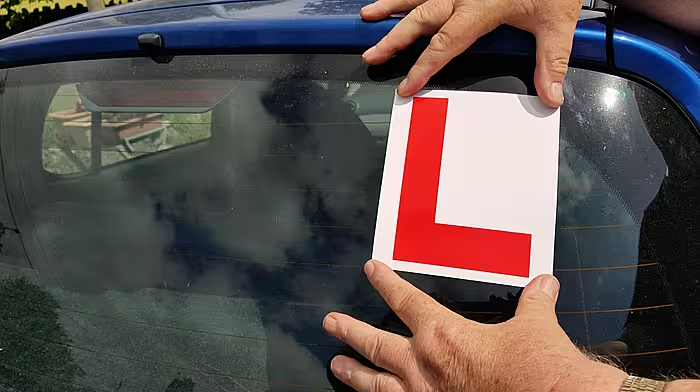A NEW €8.7M farm-based bioeconomy demonstration project at Munster Technological University (MTU) will show how grass, clover and green biomass from areas like West Cork farms can become high value ingredients.
The project – which is linked to the Farm Zero C project in Bandon – aims to show how the bioeconomy can benefit farms and rural communities.
The Rural BioReFarmeries (RBRF) demonstration initiative is funded by the Circular Bio-Based Europe Joint Undertaking, to deploy and optimise regional green biorefineries in grassland farming regions of Europe.
Given that grassland covers 90% of agricultural land in Ireland, and 35% in Europe, it could have huge implications for future farming.
Rural BioReFarmeries brings together 19 partners from eight countries and includes local stakeholders from West Cork including Barryroe Cooperative, Carbery Group, and Carhue Piggeries.
The Rural BioReFarmeries demonstration will introduce and scale technologies aimed at unlocking bioeconomy grassland opportunities, to bring environmental, economic and social benefits for farmers and rural communities.
It aims to provide a mechanism to generate new high value ingredients from grass, while complementing traditional farm enterprises.
The Rural BioReFarmeries project plans to demonstrate the potential of grassland biorefineries through the development of two primary green biorefinery and anaerobic digestion demonstration sites – one in Ireland and one in Denmark.
These sites will optimise the conversion of grasses, clover and green biomass residues sourced from local farms to co-produce value-added products such as human and animal grade protein, bio-based food packaging, high value flavours, anti-microbials and feed additives along with fertiliser and energy, in collaboration with downstream research and industrial sites in Ireland, Netherlands, Denmark and Poland.
‘In a circular bioeconomy, we can produce, not only forage, but also food, high value materials and energy from grasslands,’ said project coordinator James Gaffey, the co-director of CircBio at MTU. ‘Green biorefineries are a key sustainable technology for realising this potential.
‘Rural BioReFarmeries will help grassland farms become more self-sufficient by creating essential farm inputs like feed, fertilisers and energy, while co-producing additional food, monogastric feed concentrates and high value ingredients from their grass and farm residues. In doing so, the project will help farms to reduce inputs costs, create new revenue streams, and support them in meeting climate targets, while benefiting the local agricultural sector and broader society.’
A group called Circular Bio-based Europe Joint Undertaking (CBE JU) is funding the project at MTU. CBE JU is a €2bn partnership between the European Union and the Bio-based Industries Consortium (BIC) to fund advancing competitive circular bio-based industries under Horizon Europe, the EU’s research and innovation programme.
CBE JU project officer Luisa Mascia said the Rural BioReFarmeries project being coordinated in Cork and in Denmark will use the €8.7m funding to unlock the untapped potential of grass biomass.
He said the biorefinery in Cork will deploy farmer-centred grass-based value chains, offering new circular business models, fully replicable across rural areas and regions in Europe.
‘The project will boost rural resilience, diversify income for farmers and reduce emissions in the agri-food sector. Rural BioReFarmeries marks a new milestone for Europe’s circular bioeconomy, highlighting the strategic value of grassland valorisation,’ said Ms Mascia.
Minister of State at the Department of Agriculture, with special responsibility for research and development Martin Heydon commend the project coordinator at MTU, James Gaffey, for the success in gaining funding for the project.
‘It is very heartening to see success of this scale for a project led by an Irish researcher. It builds on previous support by my Department for green biorefineries, an exciting area of research and innovation which has the potential to lead to new, high value opportunities for our high-quality natural grass.’

